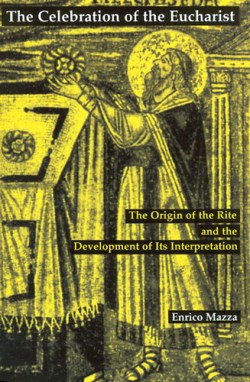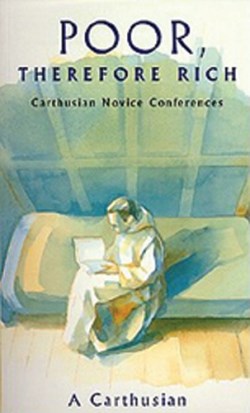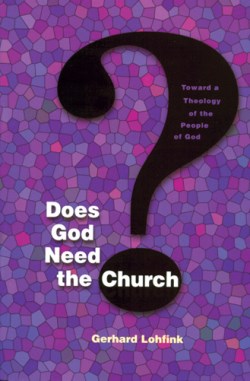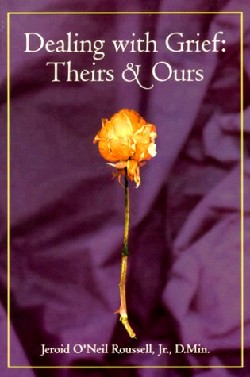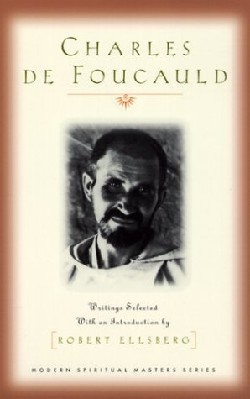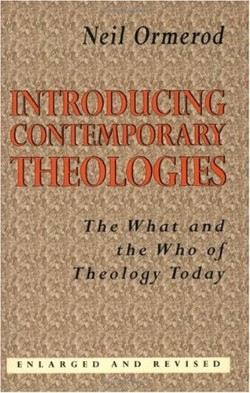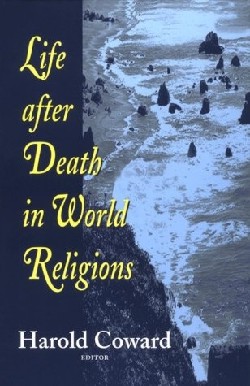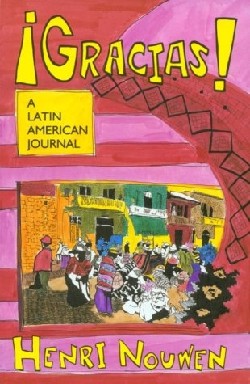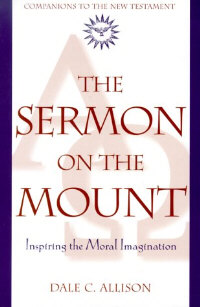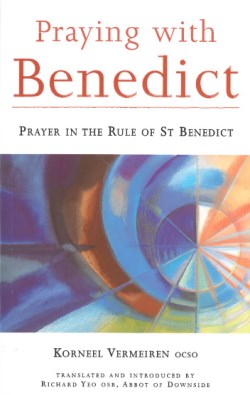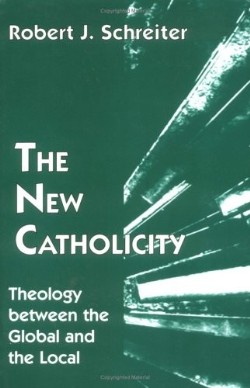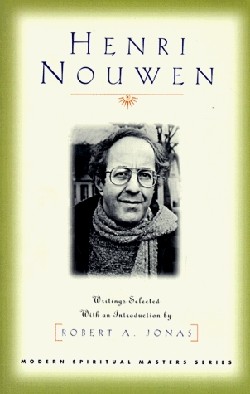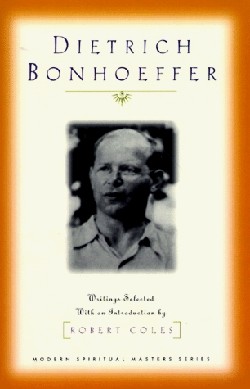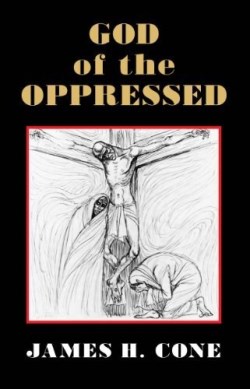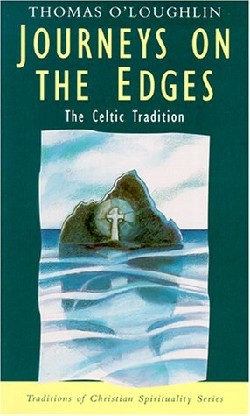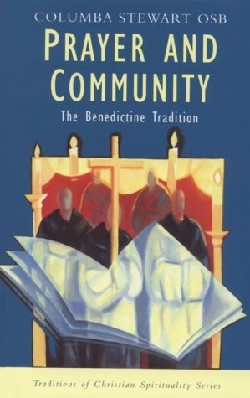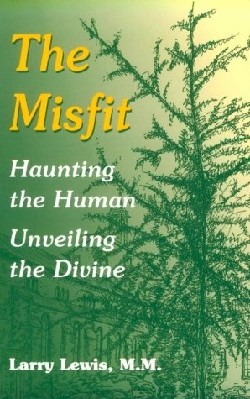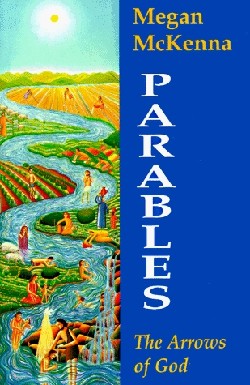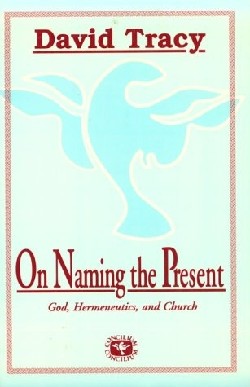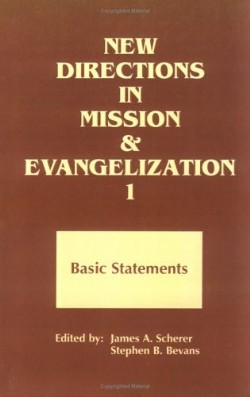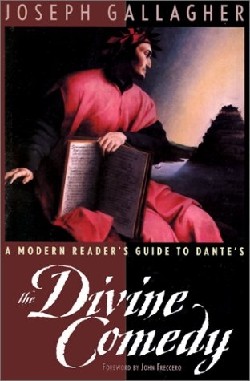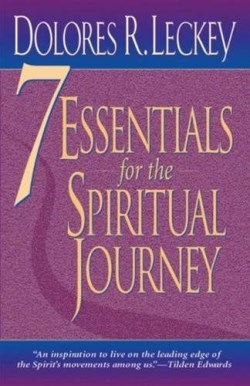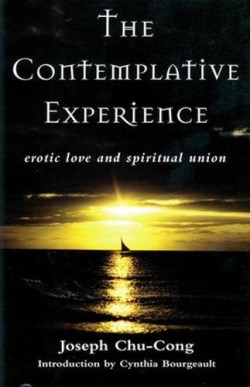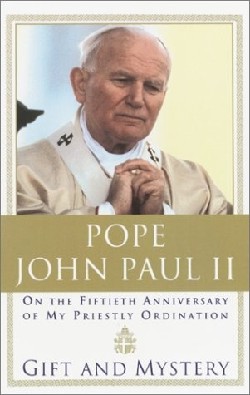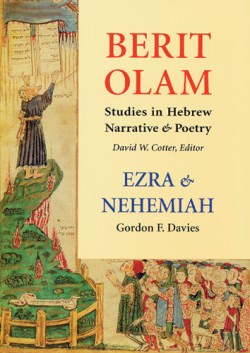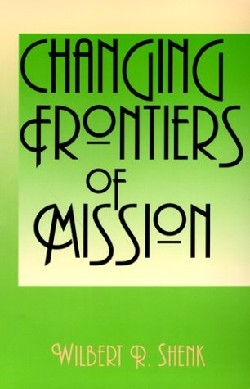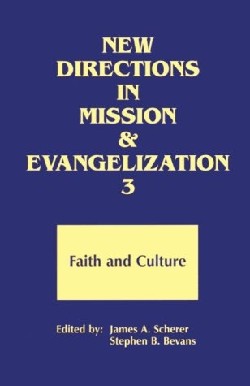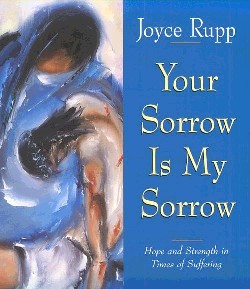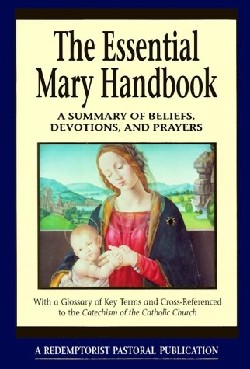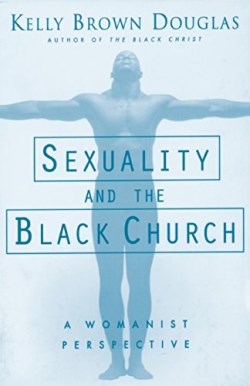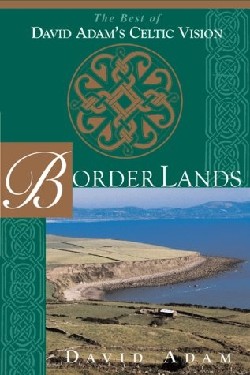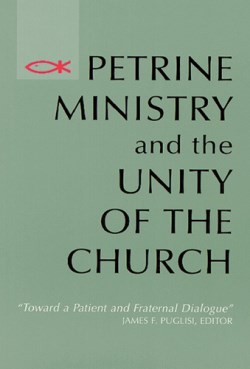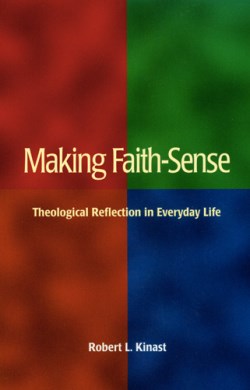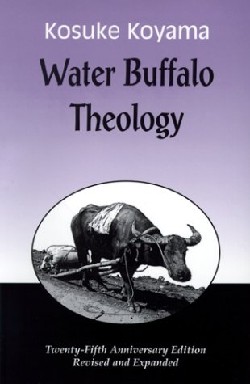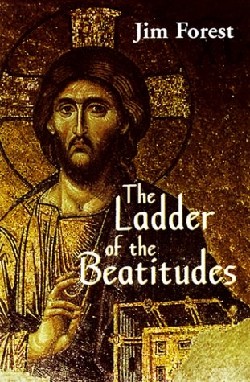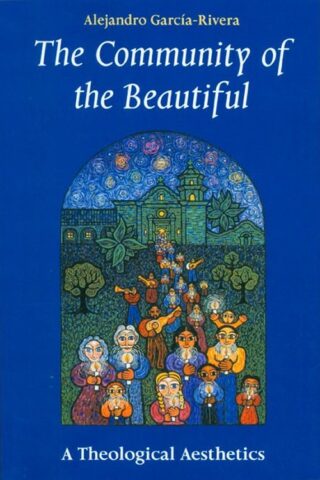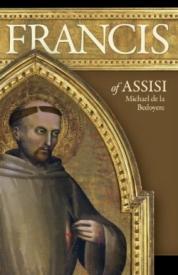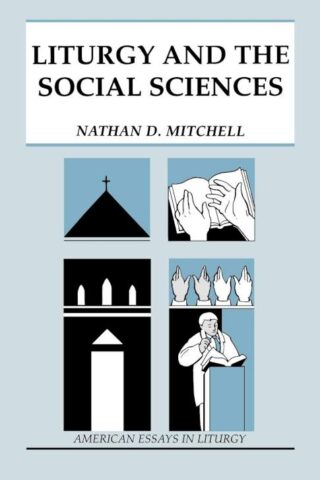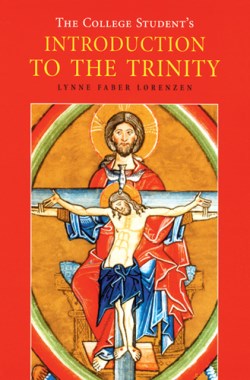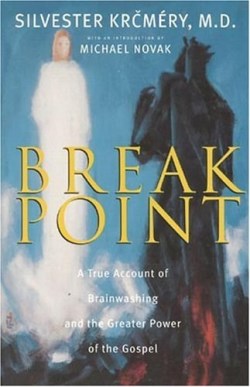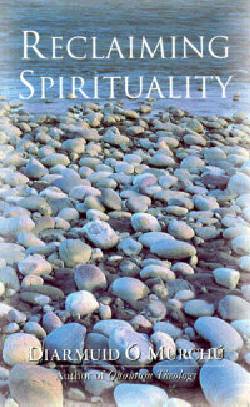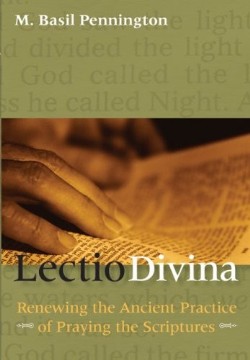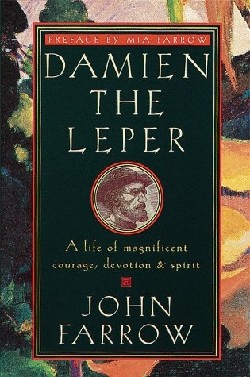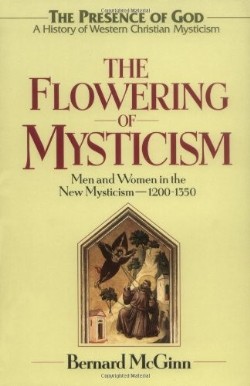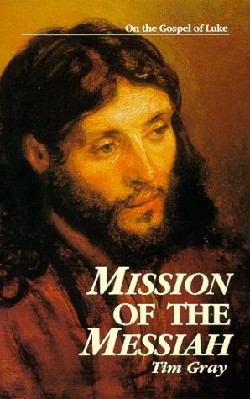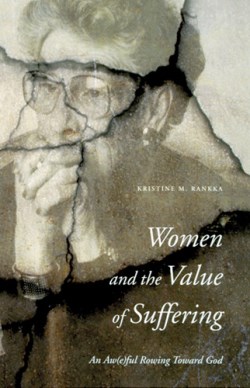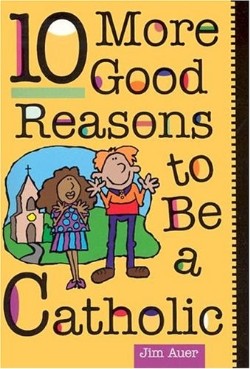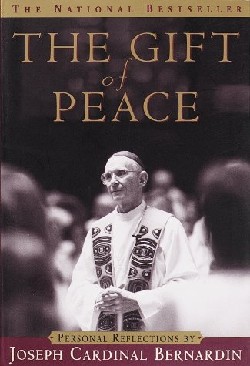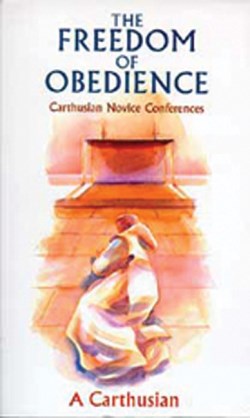Catholic
Showing 2501–2550 of 2992 resultsSorted by latest
-
Celebration Of The Eucharist
$39.95Add to cartEucharistic liturgy has differed through the centuries and in different Churches. Because of these differences, it is essential that eucharistic liturgy be studied from a historical perspective. In The Celebration of the Eucharist, Enrico Mazza offers a thorough account of the theology of the Eucharist and presents a historical analysis of the origin and variety of eucharistic liturgies and their development in the Church.
Beginning with the Last Supper, Father Mazza weaves his way through interpretations elaborated by the Fathers of the Church and medieval writers to provide the rich tapestry of concepts and categories adopted by Vatican Council II. Complete with an appendix including Jewish texts and early Eucharistic Prayers, abbreviations, bibliography, and notes, The Celebration of the Eucharist is a comprehensive source for those who have an interest in the theology of the Eucharist in the course of history. -
Poor Therefore Rich
$29.95Add to cartFollowers of the way of Jesus Christ through two millennia have engaged in the joyful yet life-costing struggle of responding to the challenge of being transformed into his likeness. This further volume of Carthusian Novice Conferences offers the father-master’s words of instruction on poverty to the men who have been drawn to the Carthusian form of the Christian way.
As with all of us, ‘poverty’ operates on many levels, and one of the most remarkable qualities of these talks is that they range over the economic history as well as the more traditionally spiritual teaching of the Carthusian Order in its own struggle to seek Christ in simplicity and silence.
Like all Christians, the Carthusians find Jesus the great Exemplar of the poverty that is desirable and yet ‘costs not less than everything’; and once again we are reminded, with characteristic directness, of the source and fount of the desirable poverty – the total mutual self-giving of the Persons of the Holy Trinity.
-
Does God Need The Church
$39.95Add to cartAre not all religions equally close to and equally far from God? Why, then, the Church? Gerhard Lohfink poses these questions with scholarly reliability and on the basis of his own experience of community in Does God Need the Church?
In 1982 Father Lohfink wrote Wie hat Jesus Gemeinde gewollt? (translated into English as Jesus and Community) to show, on the basis of the New Testament, that faith is founded in a community that distinguishes itself in clear contours from the rest of society. In that book he also described a sequence of events that moved directly from commonality to a community that was readily accessible to every group of people and was made legitimate by Jesus himself. Only later did Father Lohfink learn, within a new horizon of experience, that such a description is not the way to community. The story of the gathering of the people of God, from Abraham until today, never took place according to such a model.Today Father Lohfink states that he would not write Wie hat Jesus Gemeinde gewollt? the same way. The situation of belief and believers has undergone a shift: the question of the Church has become much more urgent. Church life is declining and the religions are returning, often in new guises.
In light of these shifts and the change in his own view of community, Father Lohfink inquires in Does God Need the Church? of Israel’s theology, Jesus’ praxis, the experiences of the early Christian communities, and of what is appearing in the Church today. These inquiries lead to an amazing history involving God and the world-a history that God presses forward with the aid of a single people and that always turns out differently from what they think and plan.
-
Charles De Foucauld
$20.00Add to cartDrawn from writings, sermons, and letters and including a brief biography, this collection offers a full introduction to Charles de Foucauld, French aristocrat and soldier in North Africa at the turn of the century, who experienced a radical conversion. de Foucauld, who died a martyr in the desert of Algiers, was, as Richard Rohr says, “one of those rare souls who leaves no one untouched and many transformed.”
-
Introducing Contemporary Theologies (Expanded)
$24.00Add to cartPart I provides a brilliant synthesis of the nature of theology, its relation to philosophy, a comparison of past and present approaches, and the nature of theological method. Part II introduces the work of leading theologians of the late 20th century: Karl Rahner, Hans Kung, Leonardo Boff, Wolfhart Pannenberg, Dorothee Soelle, Rosemary Ruether, Elizabeth Johnson, and John Meyendorff. Clear, non-technical language makes this the ideal doorway to understanding theology today.
-
Gracias : A Latin American Journal
$18.00Add to cartIn this journal of his travels in Bolivia and Peru, Nouwen ponders the presence of God in the poor, the challenge of a persecuted church, the relation between faith and justice, and his own struggle to discern the path along which God is calling him.
-
Sermon On The Mount
$24.95Add to cartToo often the Sermon on the Mount has been interpreted as though it were a book itself rather than a portion of a book. Dale Allison insists on the contrary that the full meaning of these chapters in Matthew’s Gospel can be seen only in relation to the broader literary context of the Gospel as a whole, with its Jewish Christian orientation. Indeed, the Sermon and the moral imperatives it contains must be understood: 1) in relation to the example provided by Jesus’ words and deeds elsewhere in the Gospel; 2) with reference to the community of believers that constitutes the intended audience of Matthew’s Gospel; and 3) in terms of what the Gospel says elsewhere about the end of the age. The Sermon does not present a simple set of rules, perhaps only intended for a small and select group within the Christian community, but seeks to instill a moral vision and to inspire the moral imagination of all who would follow Jesus.
-
Praying With Benedict
$24.95Add to cartPraying with Benedict explores the spirituality of the monastic tradition and draws out the essence of a way of praying that embraces the whole of the Christian’s life.
Korneel Vermeiren begins by examining the spirituality of the early monastic tradition from the fourth to the sixth centuries. He looks at the central place of prayer in the Rule of St Benedict and the tradition of continuous prayer, exploring the teaching of such formative figures as Basil the Great. He then reflects on the Benedictine precept: ‘nothing is to be preferred to the work of God’.
Praying with Benedict looks in practical terms at the how, when, and where of prayer; at bodily postures, various types of prayer, and the importance of emotional and spiritual readiness. Finally, the place of the Eucharist in the life of prayer is discussed with reference to Benedict’s teaching and the eucharistic practices of pre-Benedictine monasticism.
This book offers a clear presentation of monastic spirituality and opens it to persons outside monastery walls. It links St Benedict’s teaching to earlier spiritual traditions and shows how various elements of monastic life complement each other. Common prayer, reading, personal prayer, and the Eucharist are not isolated from one another or from daily life, but are integral and essential elements of living in the spirit of St Benedict.
-
God Of The Oppressed
$26.00Add to cartIn his reflections on God, Jesus, suffering, and liberation, James H. Cone relates the gospel message to the experience of the black community. But a wider theme of the book is the role that social and historical context plays in framing the questions we address to God as well as the mode of the answers provided.
-
Journeys On The Edges
$19.00Add to cartThomas O’Loughlin’s fresh and original introduction to Celtic spirituality begins by questioning the very notion of a distinctively “Celtic” spirituality. Brilliantly re-examining the original sources, he argues that there is one over-arching theme giving them a unity–the idea of being “on the edge”, both culturally and geographically.
-
Modern Readers Guide To Dantes The Divine Comedy
$22.99Add to cartThe Divine Comedy has been a cornerstone of Western literature for the better part of a millennium. In this work, Joseph Gallagher brings the power and prestige of this medieval classic to a new generation of readers–taking them on a guided tour through heaven, purgatory, and hell.
-
Ezra And Nehemiah
$44.95Add to cartEzra-Nehemiah has been neglected in biblical studies, but it is important as one of the few windows into the Persian period of Israel’s history, the setting for so much of the final shape of the Hebrew Bible. To know this period is to know what influenced these redactors. In Ezra and Nehemiah Gordon Davies provides that knowledge using rhetorical criticism, a methodology that reveals the full range and progress of the book’s ideas without hiding its rough seams and untidy edges.
The purpose of rhetorical criticism is to explain not the source but the power of the text as a unitary message. This approach does not look at plot development, characterization, or other elements whose roughness makes Ezra-Nehemiah frustrating to read. Instead, it examines the three parts of the relationship-the strategies, the situations, and the effects-between the speaker and the audience. Rhetorical criticism’s scrutiny of the audience in context favors the search for the ideas and structures that are indigenous to the culture of the text.Rhetorical criticism is interested in figures of speech as means of persuasion. Therefore, to apply it to Ezra-Nehemiah, Davies concentrates on the public discourse-the orations, letters, and prayers-throughout its text. In each chapter he follows a procedure that: (1) where it is unclear, identifies the rhetorical unit in which the discourse is set; (2) identifies the audiences of the discourse and the rhetorical situation; (3) studies the arrangement of the material; (4) studies the effect on the various audiences; (5) reviews the passage as a whole and judges its success. In the conclusion, Davies explains that Ezra-Nehemiah makes theological sense on its own terms, by forming a single work in which a range of ideas is argued.
Biblical scholars as well as those interested in literary criticism, communication studies, rhetorical studies, ecclesiology, and homiletics will find Ezra and Nehemiah enlightening.
-
Your Sorrow Is My Sorrow
$16.95Add to cart1. The Foretelling Of Sorrow
2. Fleeing From Destruction
3. Searching For Our Lost Treasures
4. Meeting Our Pain
5. Standing Beneath The Cross
6. Embracing Our Loss
7. Laying Our Sorrows To Rest
176 PagesAdditional Info
With the exquisite prose and poetry that has always graced her writing, Joyce Rupp mines the multiple meanings of important images in the Bible, in order to get us through our own rough moments. Included are: the prophecy of Simeon, the flight into Egypt, Jesus lost in the temple, Mary seeing Jesus carrying the cross, Mary at the foot of the cross, Mary receiving Jesus’ dead body, and Jesus being laid in the tomb. -
Sexuality And The Black Church
$18.00Add to cartThis book tackles the “taboo” subject of sexuality that has long been avoided by the Black church and community. Douglas argues that this view of Black sexuality has interfered with constructive responses to the AIDS crisis and teenage pregnancies, fostered intolerance of sexual diversity, frustrated healthy male/female relationships, and rendered Black and womanist theologians silent on sexual issues.
-
Petrine Ministry And The Unity Of The Church
$24.95Add to cartIn the context of the ecumenical dialogues which have taken place after the Second Vatican Council, few topics have generated as much discussion and reflection as that of the papacy. What has been the function of this service of unity? What are the foundations of its existence? What are its unrelinquishable elements which cannot change? What can be renewed in the manner in which the office is carried out?
John Paul II’s encyclical “On Commitment to Ecumenism” (Ut unum sint) inspired these essays originally presented at a symposium in Rome. In this encyclical the Bishop of Rome recognizes the difficulty that the Petrine office holds for many on the ecumenical journey and exhorts Church leaders and theologians to engage [him] in a patient and fraternal dialogue on his ministry. This symposium was the first attempt to begin this dialogue in Rome with theologians from many Christian traditions: the oriental and orthodox, the Anglican, Lutheran, Reformed, Methodist, Baptist and Free Church traditions.
-
Making Faith Sense
$17.95Add to cartMaking faith-sense is a new term for an ancient practice. It is what the early Christians called mystical or wisdom theology: understanding life in the light of God’s participation recorded in the Gospels, recognizing the signs of God’s presence in everyday events and shaping one’s life accordingly. In Making Faith-Sense, Robert Kinast shows all who seek to unify their life experience around their belief in God how to follow that ancient practice. Drawing upon the award-winning process he has used with students for the ministry, Father Kinast explains how to make sense of family, work, and cultural experience from the perspective of Christian faith. Each chapter contains numerous real-life examples and practical guidelines that can be used privately or with a group.
Making Faith-Sense begins with a discussion of wisdom theology and its revival in modern times, highlighting “the turn to experience” that characterizes feminist, liberation, and enculturated theologies. The methods for making faith-sense embrace three main components: experience, reflection, and action. The first section describes what is meant by experience, the value of narrating it, how to analyze it, and what to pay attention to so that experience will reveal its theological meaning. The second section explains the role of reflection, its similarity to prayer, techniques for connecting experience to theological tradition, and the most useful theological resources for making faith-sense. The third section affirms the importance of putting reflection into practice, of ensuring that action flows from reflection, of planning and evaluating the effect of one’s practice, and of using practice as the starting point for continuing the process of making faith-sense. Examples from work, family, and cultural life are used throughout to provide illustrations of these general points. A concluding chapter summarizes the reemergence of practical theology since the 1980s as an effort of church communities to make faith-sense of their collective lives.
-
Water Buffalo Theology (Anniversary)
$26.00Add to cartWater Buffalo Theology marked the emergence of a self-conscious Asian Christian theology, on the world scene when it was published in 1974. In this twenty-fifth anniversary edition, Koyama thoroughly updates the original, adding an retrospective introduction that records how he has changed his mind on many topics but maintained his position on others. In addition to eliminating several chapters, Koyama also adds one on his “pilgrimage in mission.”
-
Ladder Of The Beatitudes
$20.00Add to cartDrawing on stories from the lives of the saints, scripture, and everyday life, Jim Forest opens up the mysteries of the Beatitudes. These ancient blessings, with which Christ began his Sermon on the Mount, are all aspects of communion with God. As Forest shows, they are like rungs on a ladder, each one leading to the next. They appear at the doorway of the New Testament to provide an easily memorized summary of everything that follows, right down to the crucifixion (“Blessed are you who are persecuted”) and the resurrection (“Rejoice and be glad”).
-
Community Of The Beautiful
$29.95Add to cartThe Community of the Beautiful is not simply an analysis of Balthasar’s theology; there exists a more personal and concrete reason for a reconsideration of the connection between God and the beautiful. The experience of a particular living ecclesial tradition, the Latin Church of the Americas, may be a guide to a world that lost its confidence in the religious dimensions of the beautiful.
-
Francis Of Assisi
$18.95Add to cart23 Chapters
Additional Info
Yes, Francis wore sandals and preached to the birds, but these pages take you beyond the nature-lover of popular myth to the real St. Francis of Assisi, model of holiness and Christian courage.Here author Michael de la Bedoyere makes Francis and his times live again as he relates with heart-stopping intensity the adventures of this man who, precisely because of his great love for God, strove mightily to overcome his sinful nature.
You’ll learn the full story behind the famous incidents in Francis’s life including his hugging the leper and his sermon to the birds. You’ll hear of Francis’s perilous journey into the heart of Islam, where Catholics were killed merely for professing Christ and where Francis actually offered to be set on fire to establish the truth of the Catholic Faith!
Here, then, is the complete story of the man who cheerfully gave himself to God, without paying the least attention to the cares of this world . . . and did it with constant good humor and unflagging trust in God.
St. Francis of Assisi is a superb model for each of us today: an ordinary man who by God’s grace was able to do extraordinary things.
-
Liturgy And The Social Sciences
$16.95Add to cartIn his letter to liturgists meeting in Mainz, Germany, in 1964, theologian Romano Guardini asked: “Is ritual a forgotten way of doing things?” That question challenged Catholics to reevaluate the roots and roles of ritual. In an ongoing response to that challenge, liturgists have sought to reinterpret the multiple meanings of ritual using insights from the social sciences. In Liturgy and the Social Sciences, Nathan Mitchell examines the responses of liturgists to Guardini’s famous question.
In the first chapter Mitchell focuses on Aidan Kavanagh, O.S.B., a noted U.S. liturgist that undertook the challenge of answering Guardini’s question. He explains how Father Kavanagh’s innovative call for a new discipline-a “political science” of behavior-was taken up by American liturgists in a “classical” or “high church” mode that emphasized ritual action as traditional, authoritative, repetitive, conservative, and “canonical.”
The second chapter examines how the “high church consensus” began to unravel as a result of critical work done on “emerging ritual” by Ronald Grimes and David Kertzer. These scholars argued that new categories were needed to understand how ritual connects with social life and explained the characteristics of “emerging ritual” as innovative, untraditional, unpredictable, playful, and short term.
In the third chapter Mitchell explores some of the proposals that a new generation of anthropologists have made for interpreting ritual. He gives attention to the research of Talal Asad, who suggests that rituals are a “technology” aimed at producing “virtuous selves.” Michel Foucault’s “technologies of the self” is also discussed in this chapter.
Although written for directors of liturgy, Liturgy and the Social Sciences will also appeal to DREs, clergy and religious, directors of adult formation, persons working with candidates in RCIA, and students and teachers of liturgy who want to look beyond what we do to understand why we do it.
-
College Students Introduction To The Trinity
$14.95Add to cartWhere did the Holy Trinity originate as a doctrine? Why did this doctrine develop? How can Christians speak of God as three persons and also worship one God? This volume examines how the doctrine of the Trinity has been interpreted in Eastern Christianity, Western Chrsitianity, and by contemporary theologians, including feminists and process theologians.
-
Breakpoint : A True Account Of Brainwashing And The Greater Power
$24.95Add to cartThis unique prison journal integrates a fascinating scientific biopsy of brainwashing with astonishing spiritual implications. In 1951 the communist government of Czechoslovakia sent a young medical doctor to prison for refusing to repudiate his faith. There he experienced solitary confinement, brainwashing and torture for seven years. Since he was trained in psychology, Dr. Krcmery was able to recognize the strategies used against him. Ultimately, what saved him from total physical and mental collapse was the Gospel of John which he had memorized before imprisonment and then turned to again and again. In a supreme act of generosity Silvester Krcmery has opted to recall the horrors of that time in order to give us this singular account of the scientic and spiritual basis of brainwashing.
-
Reclaiming Spirituality
$19.95Add to cartIn this thought-provoking and rambunctious follow-up to Quantum Theology, English priest and social psychologist Diarmuid O Murchu celebrates the spiritual renaissance of our time as an alternative to religious fanaticism and religious indifference. He sees this phenomenon as part of the evolving spiritual story of humankind stretching back 70,000 years. The spirituality that is appealing to seekers today embodies global, inclusive, co-operative, egalitarian, and feminine values. O’Murchu outlines its linkage of the new cosmology with a respect for the natural world through the spirituality of native peoples. He points out its embrace of pre-patriarchal values of relatedness, passion, feeling, imagination, and justice. Two other accents of this new paradigm are its emphasis upon the erotic power of spirituality and its reappropriation of the shadow in all its diverse dimensions. Only time will tell what new permutations this global spirituality will take. O’Murchu has done a fine job mapping out its contemporary lineaments.
-
Lectio Divina : Renewing The Ancient Practice Of Praying The Scriptures
$19.95Add to cartLectio Divina, a spiritual discipline practiced for more than a thousand years, has undergone a recent resurgence in popularity. Father Pennington introduces the method of contemplative listening that opens us to an experience of God’s presence through the sacred scriptures.
-
Damien The Leper
$18.00Add to cartThe great adventure of Damien the Leper began quietly over a century ago. Since then, his remarkable story has become legend throughout the world.
Joseph De Veuster left his secure life in Belgium, thrusting aside all thoughts of personal danger and spending the rest of his days as Father Damien comforting the sick and the dying. Though virtually entombed among the living dead of a leper colony on the island of Molokai, Father Damien managed to find beauty and enchantment in the lush surroundings. His extraordinary journey of the spirit comes to life in John Farrow’s splendid biography, which has become a classic over the years and is sure to endure as long as people thrill to deeds of valor and pay homage to the great spiritual truths so perfectly reflected in this unforgettable story of courage, sacrifice, and devotion.
-
Flowering Of Mysticism
$49.95Add to cartStarting in 1200, forms of Christian religious life began emerging that provided the impetus for a “new mysticism” that continues to influence the faithful today. McGinn explores the rich theological and historical significance of these developments with unprecedented insight and knowledge.
-
Mission Of The Messiah (Student/Study Guide)
$14.95Add to cart1. The Baptism And Anointing Of Jesus
2. Luke’s Vision Of Jesus’ Jubilee Year
3. Signs Of The Kingdom Of God
4. The New Law
5. Sabbath Controversies
6. Journey To Jerusalem
7. Celebrating The New Exodus
8. The New Paschald Lamb Of The New ExodusAdditional Info
Mission of the Messiah is a compelling new study of the Gospel of Luke that presents the messianic mission of Jesus as the fulfillment of Old Testament prophecy. The review questions at the end of each chapter provide fresh material for individual reflection or group discussion. This book is a must for anyone whose heart is burning to know and love Christ more profoundly. -
Women And The Value Of Suffering
$29.95Add to cartIs there a value to suffering for women? Is Christianity a religion that condones the victimization of women? Can Christians faith, who are called to hope in the midst of despair, respond to experiences of suffering in all their ambiguity and complexity? How can people proclaim the “good news” in the midst of radical suffering? Women and the Value of Suffering explores these questions and offers a critical summary of recent discussions of evil and suffering from a variety of women’s theological and spiritual perspectives. It incorporates the insights of feminist theory, cultural studies, biomedical research, psychology, theology, and spirituality. By exploring the complexity of suffering in our times, it reflects on how women of faith can come to terms with the enormity, diversity, and, at times, apparent senselessness of human suffering.
Chapter one introduces the search for meaning in suffering. Chapter two defines the experience of pain and suffering from current and historical perspectives. Chapter three surveys how women within a Christian context have spoken about suffering and how these expressions might be similar to or differ from the ways men theologize about suffering. Chapter four considers how an incorporation of a tragic vision of reality might enhance theological considerations on evil and radical suffering of women. Chapter five focuses on the role of Christian spirituality in responding to the experiences of women’s suffering. The conclusion provides a response to the question, is there a value to suffering for women, and incorporates the poem Rowing by Anne Sexton to convey that response.
Women and the Value of Suffering contemplates whether women can find value in their suffering-individually and effectively-so that they are empowered to work for change while acknowledging their need for and openness to God’s activating presence in transforming their suffering. Woman and the Value of Suffering shows that through suffering and despite all expectations to the contrary, people can come to an encounter with One who knows our suffering with love, grace, and even joy.
-
Gift Of Peace
$17.00Add to cartJoseph Cardinal Bernardin’s gentle leadership throughout his life of ministerial service had made him an internationally beloved figure, but the words he left behind about his final journey would change the lives of many more people from all faiths, from all backgrounds, and from all over the world.
In the last two months of his life, Joseph Cardinal Bernardin made it his ultimate mission to share his personal reflections and insights as a legacy to those he left behind. The Gift of Peace reveals the Cardinal’s spiritual growth amid a string of traumatic events: a false accusation of sexual abuse; reconciliation a year later with his accuser, who had earlier recanted the charges; a diagnosis of pancreatic cancer and surgery; the return of cancer, now in his liver; his decision to discontinue chemotherapy and live his remaining days as fully as possible. In these pages, Bernardin tells his story openly and honestly, and shares the profound peace he came to at the end of his life. He accepted his peace as a gift from God, and he in turn now shares that gift with the world.
-
Freedom Of Obedience
$24.95Add to cart‘The spiritual centre of the human person, the self’, writes the author, ‘maintains its fundamental identity for the whole of life on earth and is destined for participation in the eternal life of God… The person is not a succession of separate points at the mercy of the conditions of the moment. God has given us a share in his power as creator, and to create ourselves through our liberty, to go beyond ourselves towards absolute values’. These reflections by a Carthusian novice master for those training for the life of silent love show that in the obedience born of love, one responds to the all encompassing, deeply intimate and sustaining love of God.

